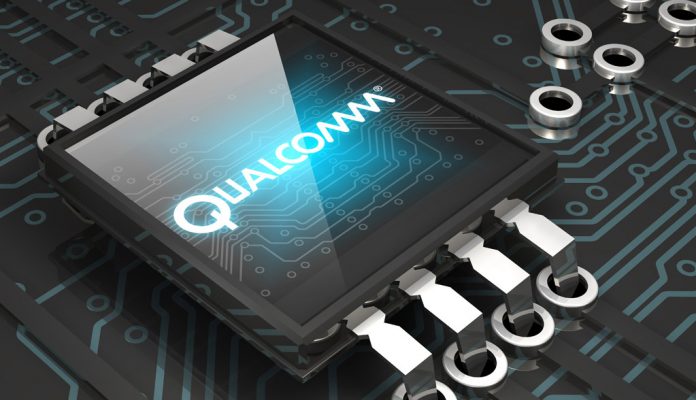
SAN DIEGO: U.S. semiconductor company Qualcomm Inc on Thursday rejected Broadcom Ltd’s revised $121 billion buyout offer but proposed meeting its peer to see whether they can address what it called the bid’s “serious deficiencies in value and certainty.”
Qualcomm’s response attempts to strike a balance between continued resistance of Broadcom’s takeover attempt and heeding the calls of some Qualcomm shareholders, who urged the company in recent days to engage with its rival in case it can clinch an attractive deal.
Broadcom said it proposed to meet by this weekend, but Qualcomm was not willing to meet until Tuesday, after the two companies’ respective meetings with proxy advisors Glass Lewis and ISS.
“We hope that your willingness to meet with us reflects Qualcomm’s genuine intent to reach an agreement with respect to our February 5 proposal,” Broadcom CEO Hock Tan told Qualcomm Executive Chairman Paul Jacobs in a letter published by Broadcom.
Broadcom said its latest offer was “best and final” and that it had strong Qualcomm stockholder support.
Qualcomm had rejected Broadcom’s first unsolicited $103 billion acquisition offer in November, without engaging further. In response, Broadcom nominated a slate of directors to replace Qualcomm’s board.
Qualcomm shareholders are scheduled to vote on these nominations at a March 6 meeting.
Qualcomm said Broadcom’s latest $82 per share offer, comprising $60 per share in cash and $22 per share in stock, “materially undervalues” Qualcomm and falls short of the firm regulatory commitment it would demand given the significant antitrust risks involved.
Qualcomm shares were up 1.1 percent at $63.12 in after-hours trading on Thursday. Broadcom shares were up 1 percent at $232.00.
Broadcom has promised to pay a breakup fee of $8 billion in the event regulators thwart the deal, as well as a “ticking” fee of 6 percent per year on the cash portion of the consideration if the deal takes more than 12 months to close.
Qualcomm argued on Thursday this would not compensate Qualcomm if several large customers were to walk away or infringe their licensing agreements.
It believes Broadcom needs to offer a “hell-or-high-water” legal commitment to complete the deal irrespective of divestitures that antitrust watchdogs around the world may require.
“If you are not willing to agree to do whatever is necessary to ensure a transaction closes, we will need you to be extremely clear and specific about exactly what actions you would refuse to take, so that we can properly evaluate the risk to Qualcomm’s shareholders,” Qualcomm’s Jacobs wrote to Broadcom’s Tan in a letter published by Qualcomm.
Qualcomm also said in its statement that Broadcom’s plan to address antitrust concerns by selling two Qualcomm businesses, its Wi-Fi networking processors and RF Front End chips for mobile phones, was inadequate to allay concerns that the deal would not win regulatory approval.
Qualcomm added that the regulatory approval process could take longer than 18 months and disrupt Qualcomm during a period of explosive innovation in the industry that includes the development of 5G mobile phones, autonomous driving and the expanding use of computerized gadgets from refrigerators to thermostats.






